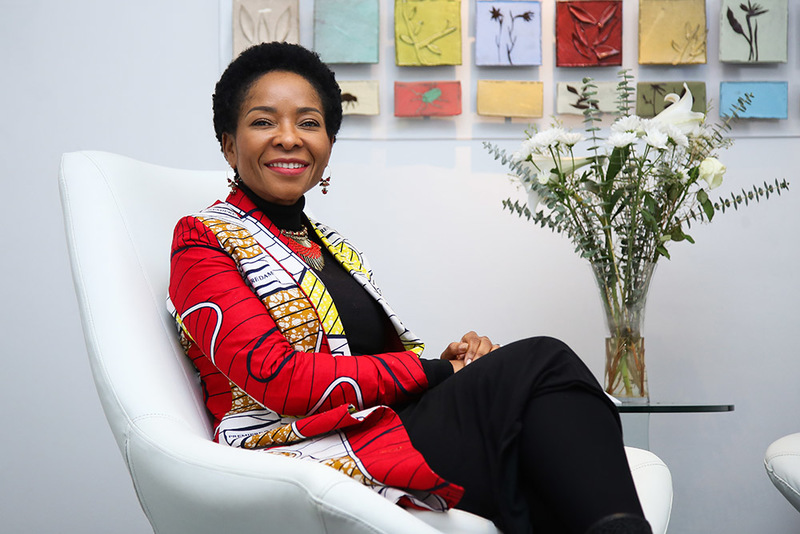Mental health services at UCT
07 August 2018 | From Kgethi
Dear students and colleagues
The death of Professor Bongani Mayosi, the late dean of the Faculty of Health Sciences, has raised awareness across the country of depression as a mental illness. This tragedy demonstrates that depression can defeat the best of us. It has brought home in a very painful way that we all need to care for one another and also to seek help when we are overwhelmed by our circumstances. The Mayosi family has expressed the hope that by being honest about Professor Mayosi’s depression, other people might seek help and their lives might be saved.
Recognising when we are not able to cope is not a sign of weakness; it is a sign of our humanity. I am encouraged by news reports that the South African Depression and Anxiety Group (SADAG) has received hundreds of calls on its helpline since Professor Mayosi’s death on 27 July. It means that these callers are taking an important step to address an illness that can affect any of us at any time.
SADAG’s online brochure on depression describes it as a “whole-body” illness that affects your body, mood and thoughts, including the way you eat and sleep, how you feel about yourself, and how you think about life. “Research shows that 20% of the population will develop a depressive disorder during the course of their lives, and nearly two-thirds do not get the help they require. Treatment can alleviate the symptoms in over 80% of the cases.”
I have heard the testimonies of some students and staff members who struggle with depression. Their stories speak about the different kinds of pain and stress they have experienced. This pain has different causes and outcomes – for instance, one person may experience a physical response to stress, while another may experience mood swings. The medical community also tells us that depression can be compounded by a combination of factors.
One step we can all take immediately is to commit to responding to one another with compassion and kindness – not just to our friends, but to people at UCT we may not know. We can all benefit from a kind word and respect. This is a practice we can instil into the UCT culture, starting now.
I encourage each of you to take an honest look at your own responses to stress and, if you feel unable to cope on your own, to take the brave step to seek help. Every UCT faculty has a dedicated student support service, including psychological counselling, and Human Resources has a range of services available to staff members and their families.
The SADAG UCT Careline for students and staff members
(0800 24 25 26 free from a Telkom line or SMS 31393 for a callback)
SADAG offers 24/7 telephonic counselling and general support to UCT community members who are facing mental health challenges or contemplating suicide. The line is also available to offer support and advice to anyone who is concerned about someone at UCT who might be in distress. Operators can offer advice and refer callers to both internal UCT resources (such as the Student Wellness Service for students or Human Resources for staff members) and external mental health resources (NGO, public and private).
The SADAG UCT Careline is also available in instances where a student has been placed on a waiting list by the Student Wellness Service or if they require emotional support while waiting for an appointment.
The SADAG website contains useful information about mental health issues as well as details of their national helplines.
Read more about other UCT counselling resources for students.
Read more about UCT mental health support for staff.
Yours sincerely
Professor Mamokgethi Phakeng
Vice-Chancellor
Read previous communications:
 This work is licensed under a Creative Commons Attribution-NoDerivatives 4.0 International License.
This work is licensed under a Creative Commons Attribution-NoDerivatives 4.0 International License.
Please view the republishing articles page for more information.








